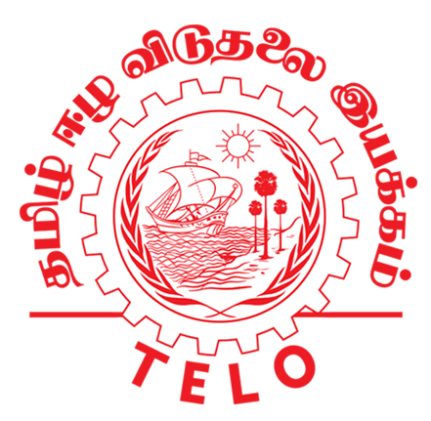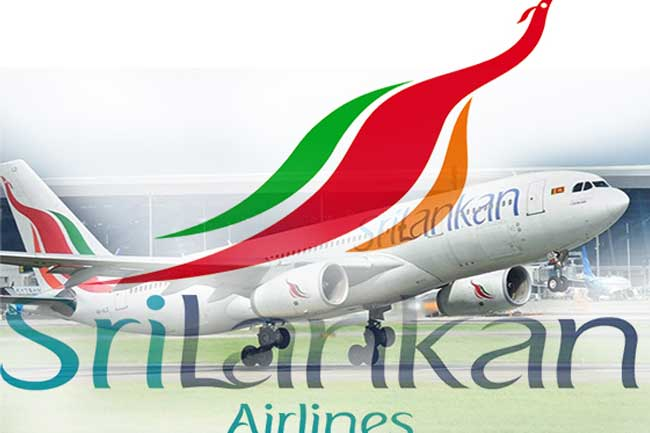“Get back to work, restore discipline, then argue your case.”
– Lee Kuan Yew to SIA Pilots
The recent debacle involving Sri Lanka’s national airline and a rat in an airplane paints a picture of sheer incompetence and mismanagement that is not only embarrassing but, also deeply concerning for the country’s aviation industry.
Blaming a rat, for grounding a plane for three days, is not just an excuse; it’s a testament to the sorry state of affairs within the cash-strapped carrier. To suggest that a single rodent could wreak such havoc on an aircraft, causing chaotic delays and sparking fears among investers, is nothing short of absurd.
The fact that it took three days to resolve the issue speaks volumes about the airline’s lack of preparedness and contingency planning. It’s inconceivable that a modern airline, especially one with a fleet of 23 aircraft, would be brought to its knees by a rat.
Moreover, the revelation that three other aircraft had been grounded for over a year, due to lack of funds for mandatory overhauling of engines, is a damning indictment of the airline’s financial mismanagement. With accumulated losses of more than USD 1.8 billion, it’s clear that drastic action is needed to salvage the carrier from further deterioration.
The remarks by Aviation Minister Nimal Siripala de Silva, warning that the incident might scare off potential investers, highlight the broader implications of the airline’s woes. In a country already grappling with economic challenges, the inability to attract investment in crucial sectors such as aviation could have far-reaching consequences for Sri Lanka’s economy.
The sad irony of the situation is that the airline’s decline can be traced back to a series of poor decisions and political interference. From the scrapping of a profitable management agreement with Emirates in 2008 to the refusal to accommodate fare-paying passengers in favour of government officials, the airline has been plagued by a lack of accountability and transparency.
In 1980, Singapore Airlines (SIA) faced a crisis that threatened its very existence. Profits plummeted, clashes with the pilot’s union erupted, and accusations of mistreatment of passengers during a strike added to the turmoil. At the heart of the crisis was a dispute over salaries and working conditions, leading to an illegal work-to-rule action by the pilots’ union.
Facing this turmoil head-on, Singapore’s founding father and then Prime Minister Lee Kuan Yew intervened decisively. Summoning representatives of the Singapore Airlines Pilots’ Association (SIAPA) to his office on 1 December 1980, Lee demonstrated unwavering resolve. His firm stance left SIAPA leaders questioning the feasibility of continuing their fight. Lee made it clear that he would not yield to union pressure, setting a precedent of strong leadership in times of crisis.
Compare this to the approach taken by Lee, when he dealt with the problems facing Singapore Airlines. Rather than making excuses or pointing fingers, Lee took decisive action to address the root causes of the airline’s challenges, implementing reforms and instilling a culture of excellence that turned the carrier into a global success story.
The current crises in both, the national carrier and the country, stem from the reckless actions of our so-called leaders, who have treated governance like a game of cards, endangering the lives of citizens. It’s evident why SriLankan Airlines finds itself in such dire straits, particularly when Emirates withdrew from managing the airline in 2008, largely due to excessive political interference.
In 2008, when Emirates withdrew its support, SriLankan Airlines saw a significant downturn in fortunes. Despite recording a profit of Rs 9.288 billion that year, the airline accumulated losses totalling Rs 128.238 billion (USD 875 million) from 2008 to 2015 under government administration. In October 2016, SriLankan Airlines absorbed the operations of its white elephant sister carrier Mihin Lanka which never generated profit since its inception in 2007. The airline lost 248 billion rupees up to April 2022 with most of it coming from the collapse of the currency.
Recalling his handling of the matter during discussions with SIA Pilots, Lee emphasised the necessity of strong leadership, stating, “Whoever governs Singapore must have that iron in him. Or give it up. This is not a game of cards. This is your life and mine. I spent a whole lifetime building this. And as long as I’m in charge, nobody’s going to knock it down.”
Sri Lanka’s enduring problem lies in our political leadership, which has historically viewed the challenges faced by citizens as separate from their own lives and the futures of their children.





